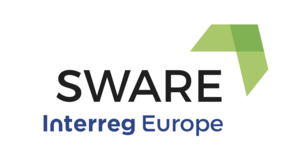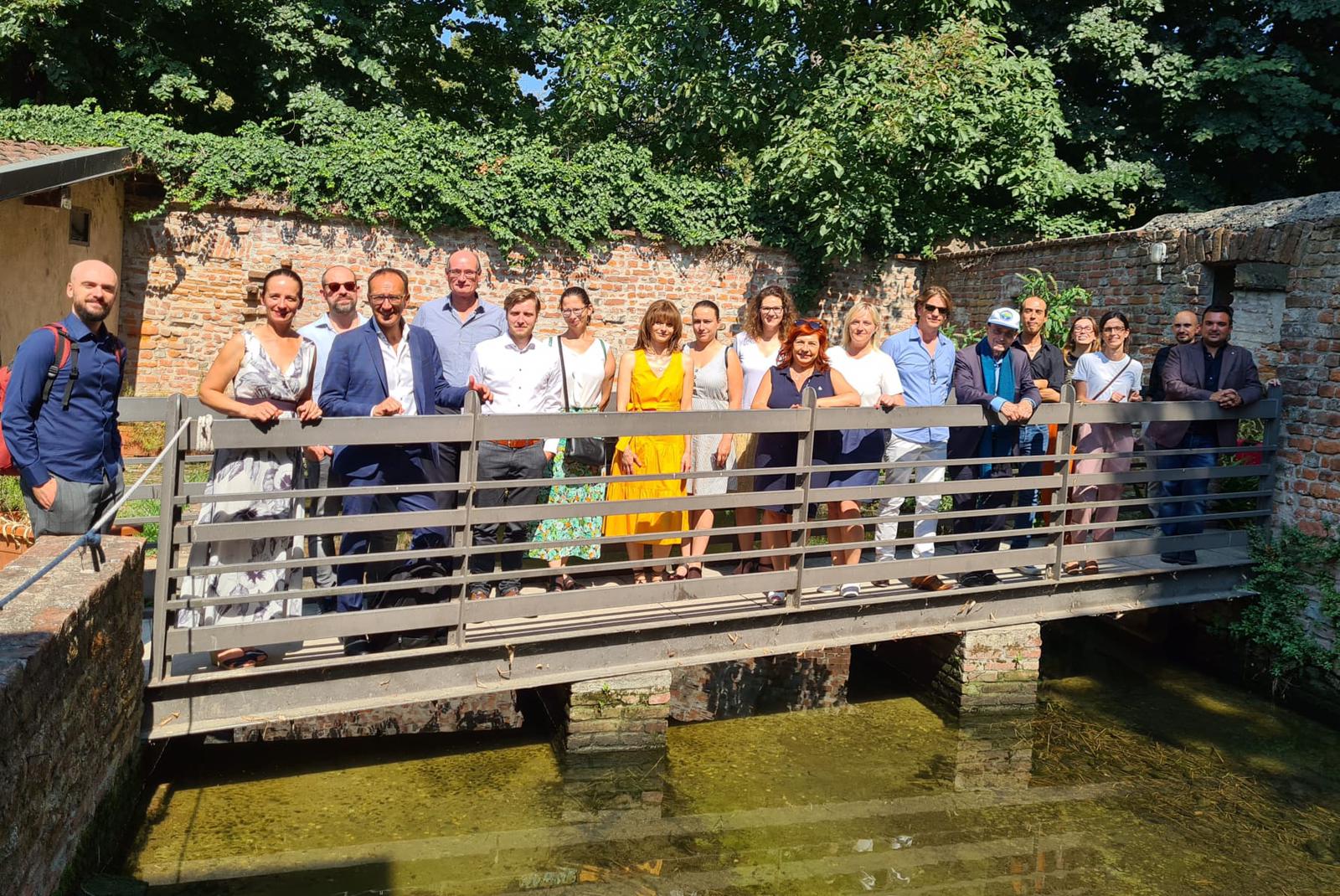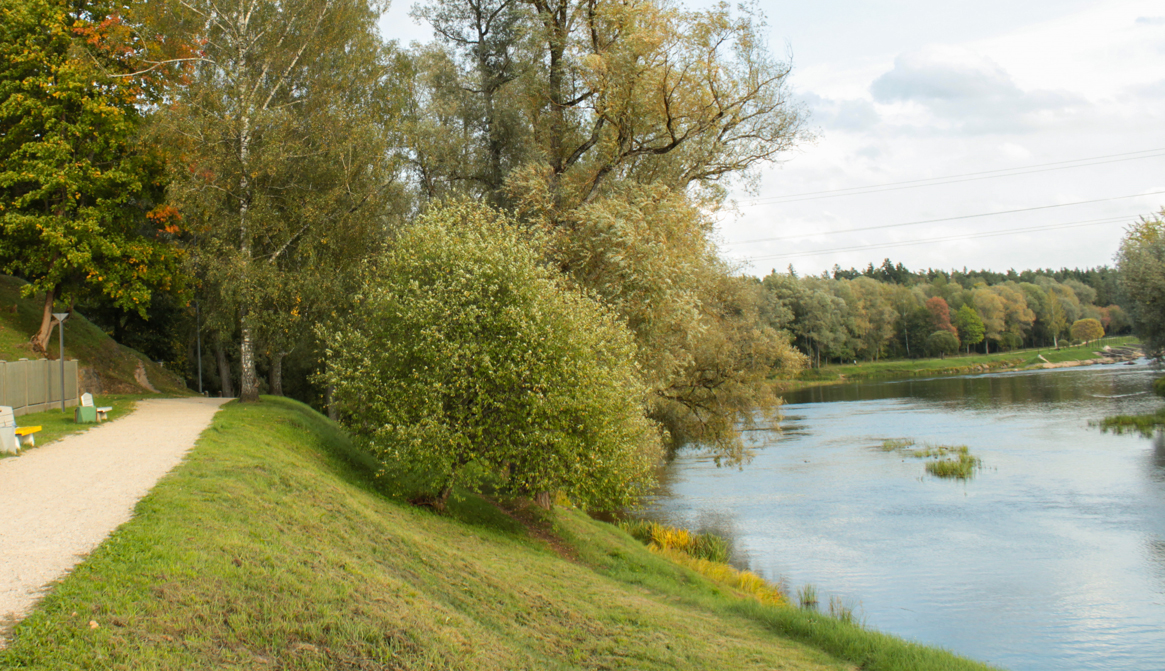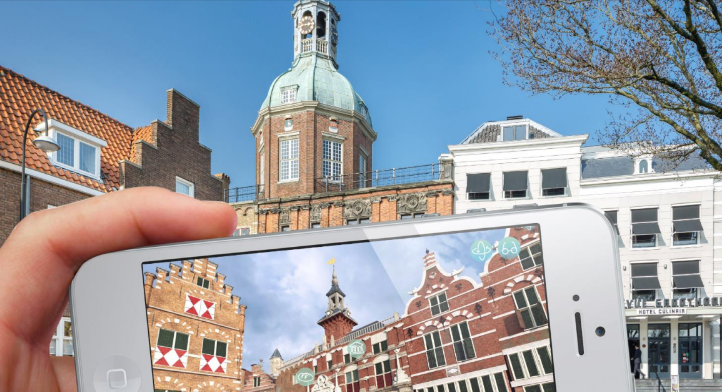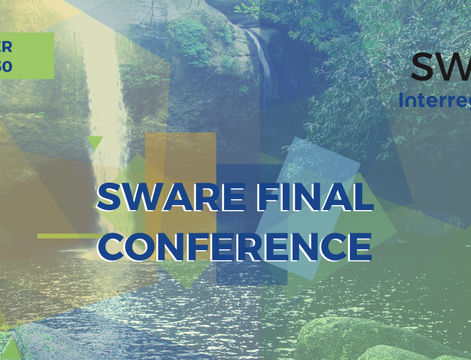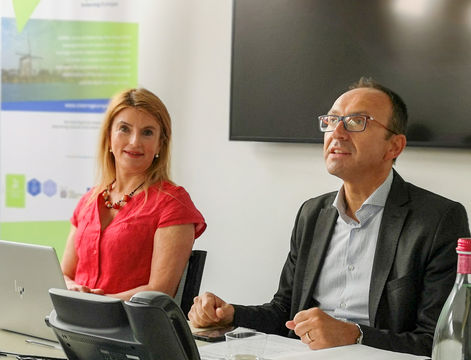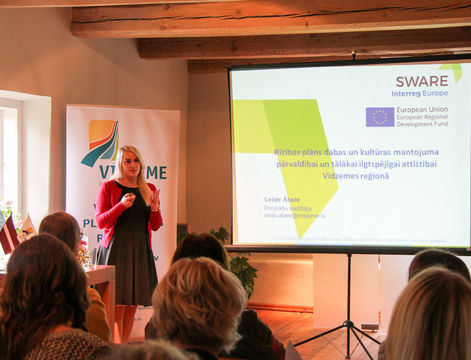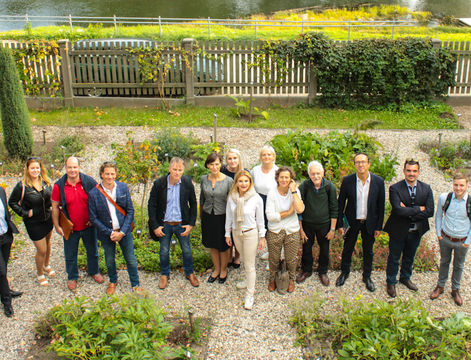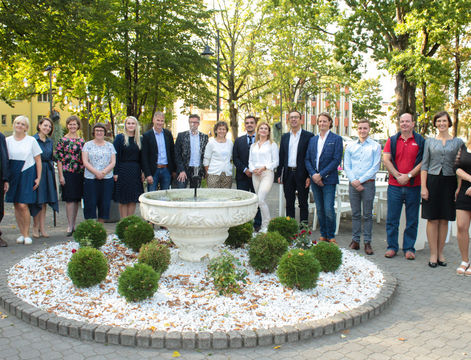The last 2,5 years for project SWARE has mainly been about analysing the existing situations and the improvements needed that was later followed by interregional knowledge exchange and action plan drafting. The effort has resulted into 5 regional action plans. Each of those documents focuses on how to fill the gap between the current and the required on a regional scale.
"Until 2020 and beyond, SWARE partners will implement and monitor their regional action plans, that will showcase the success of this interregional cooperation project. Several successes have already been achieved. For some partners, it was the first time the regional authorities managed to bring together a group of stakeholders on the issue of water heritage. For others, this bond has been strengthened. It is important to continue this process, and to keep listening to the voices of the region for a better governance and policy. Because the project’s success is both dependent on regional cooperation and action and, even so importantly, inter-regional cooperation and shared actions for the future." – Manita Koop, Managing Director of SWARE, Association Regio Water (The Netherlands)
The Action Plan elaboration was conducted in close cooperation with the relevant stakeholders, discussing the action plan content in several meetings and asking for their opinion, as well as explaining the role attributed to them. The stakeholder groups are mostly composed of representatives from public institutions, local governments, NGOs, associations, social enterprises and foundations, destination management organizations, as well as research and educational institutions. Partners admit that collaboration with the established stakeholder groups will continue and they will be involved in the monitoring process of the action plans during the next 2 years.
The full text of each action plan can be found in the Library Section.
